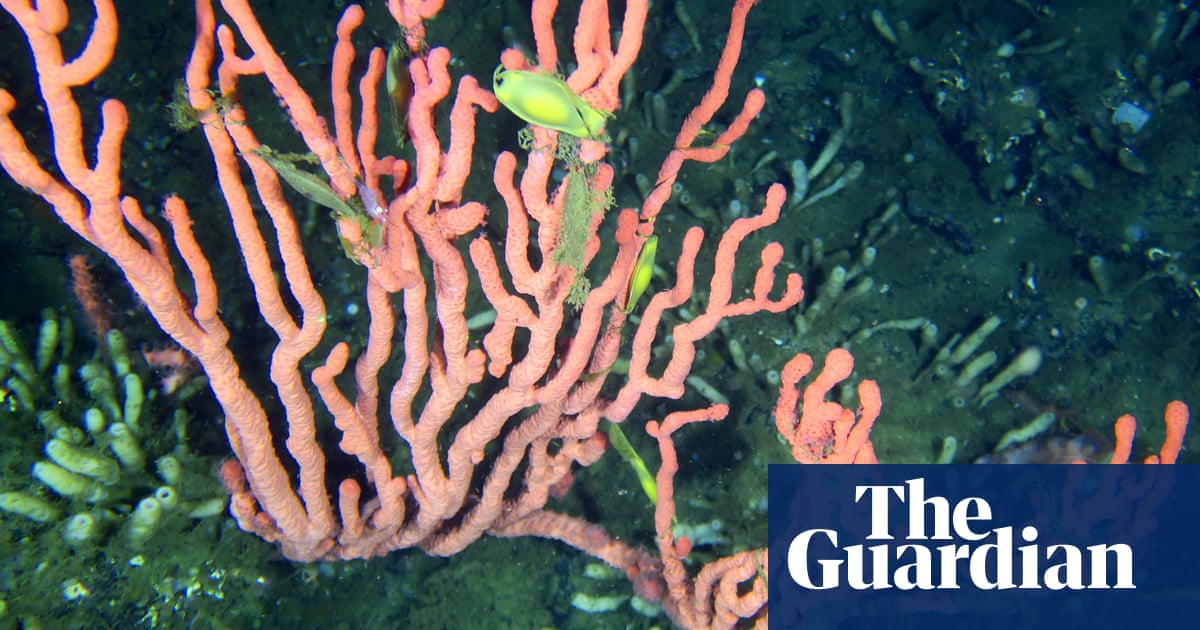- cross-posted to:
- [email protected]
- canada
- cross-posted to:
- [email protected]
- canada
The title makes it sound like the scientists want to destroy it. I don’t think the scientists actually said that it shouldn’t exist, they said it was an unexpected discovery.
They kept on putting “shouldn’t exist” in quotes.
An editor probably changed the title and made it clickbait.
It got me to read the article…
Last week, Canada’s federal fisheries department announced all commercial and recreational bottom-contact fisheries, including mid-water trawl, could no longer fish in the area surrounding the reef.
I’m glad the gov’t banned dragnet fishing in the fiord.
And I’m incredibly impressed that scientists are finally listening to and respecting Indigenous voices.
This is the best summary I could come up with:
Deep in the hostile waters off Canada’s west coast, in a narrow channel surrounded by fjords, lies a coral reef that scientists believe “shouldn’t exist”.
In 2021, researchers and the First Nations, in collaboration with the Canadian government, deployed a remote-controlled submersible to probe the depths of the Finlayson Channel, about 300 miles north-west of Vancouver.
“When we started to see the living corals, everyone was in doubt,” says Cherisse Du Preez, head of the deep-sea ecology program at Fisheries and Oceans Canada.
The discovery marks the latest in a string of instances in which Indigenous knowledge has directed researchers to areas of scientific or historic importance.
“The Pacific has some of the oldest water in the world, meaning it has low levels of oxygen, which makes it hard for coral to survive,” says Du Preez.
The team suspects the unique location of the reef, in a fjord with abnormally cold water, helps explain its ability to thrive.
The original article contains 720 words, the summary contains 158 words. Saved 78%. I’m a bot and I’m open source!



